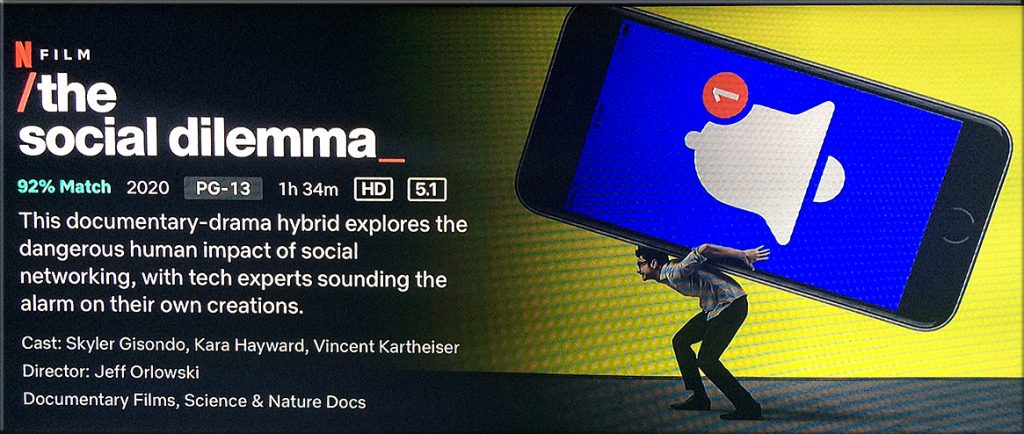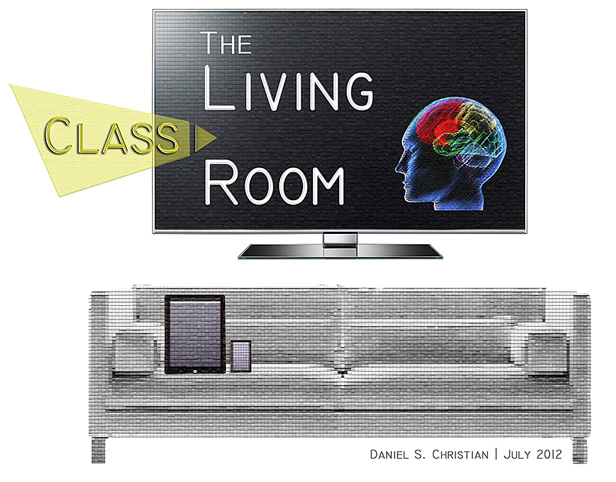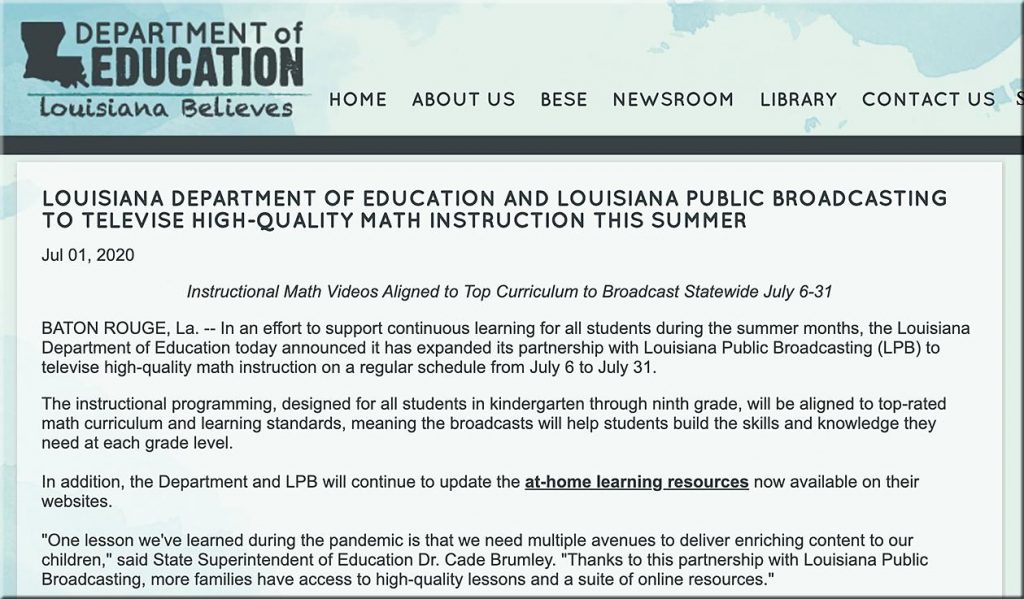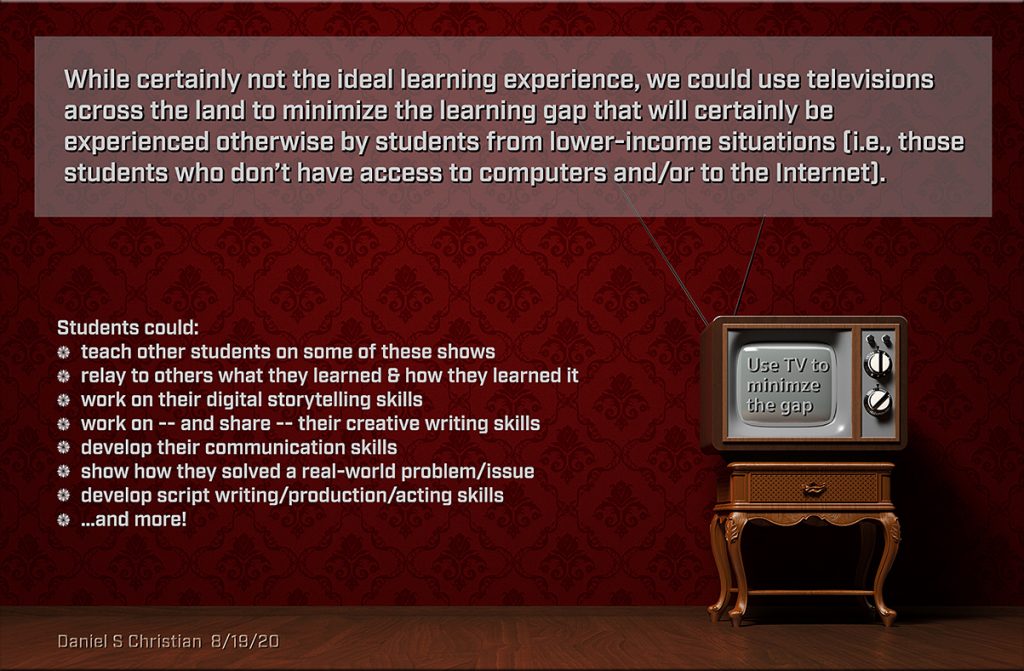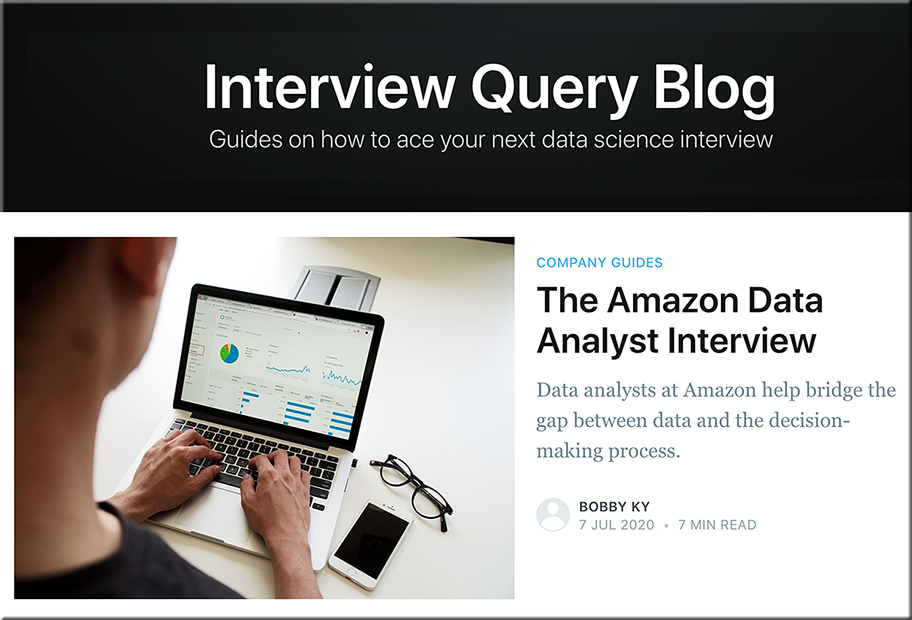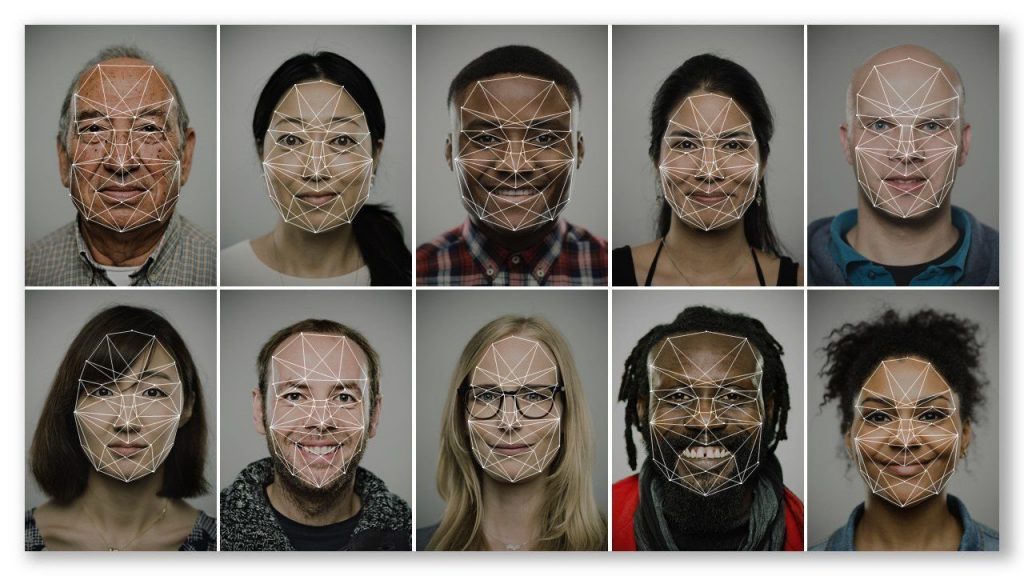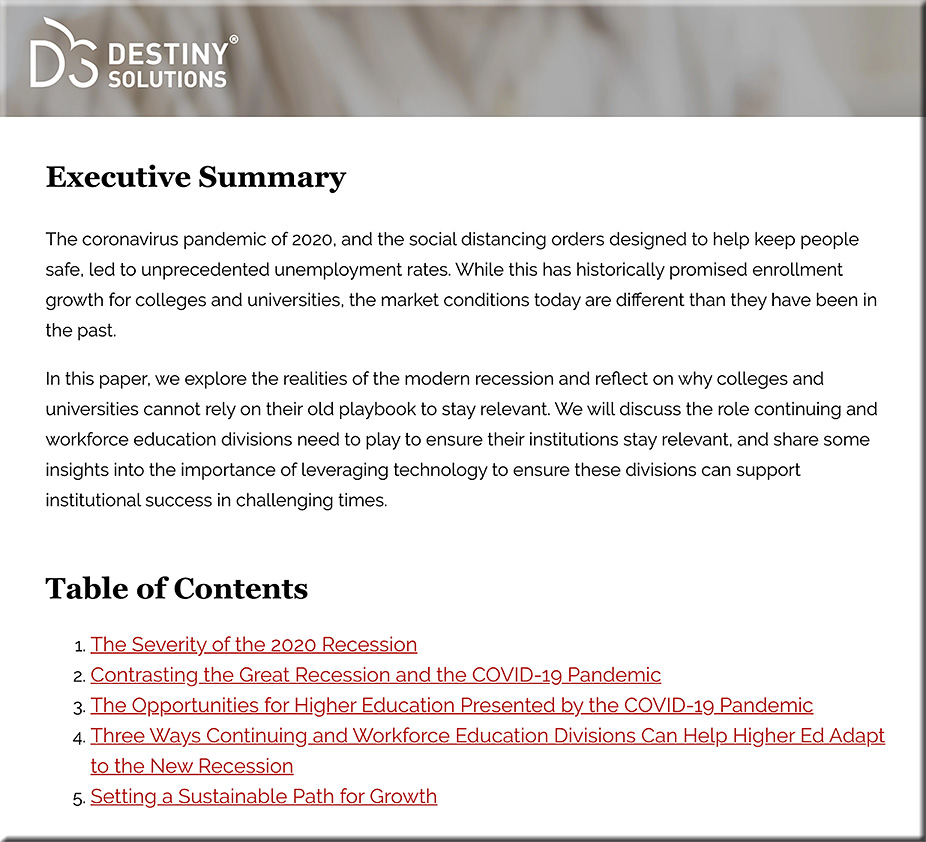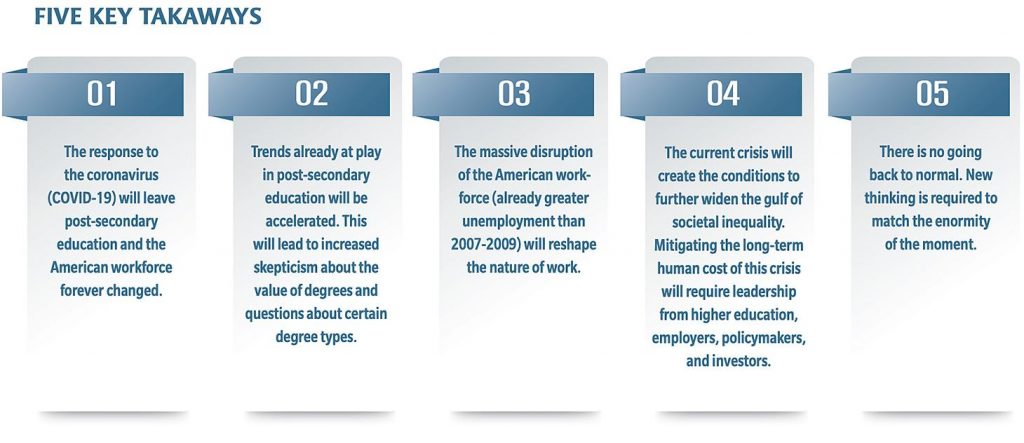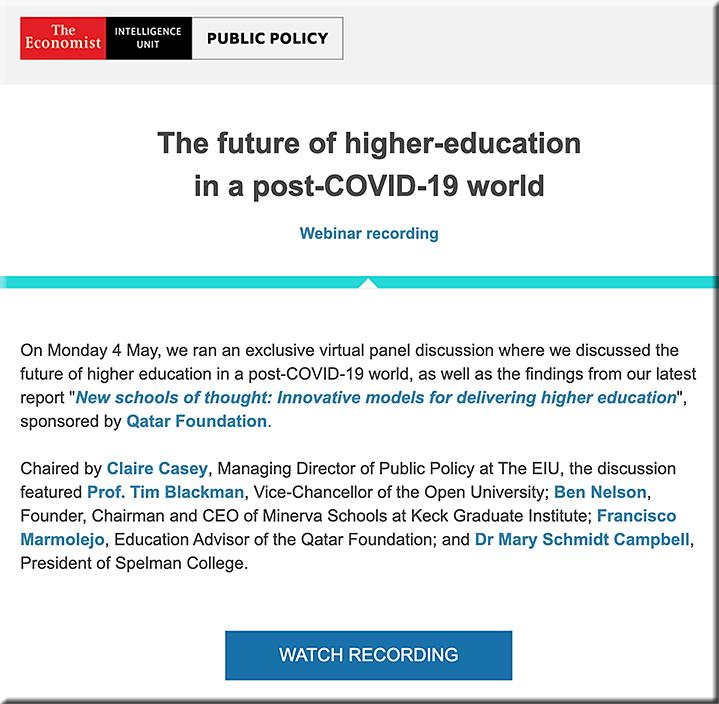Walmart just started delivering stuff with drones — from futurism.com by Victor Tangermann
Excerpt:
Walmart just kicked off its own drone delivery pilot, a collaboration with drone delivery company Flytrex. The pilot launched today in Fayetteville, North Carolina, and is limited to select grocery and household essential items from the retailer’s local stores.
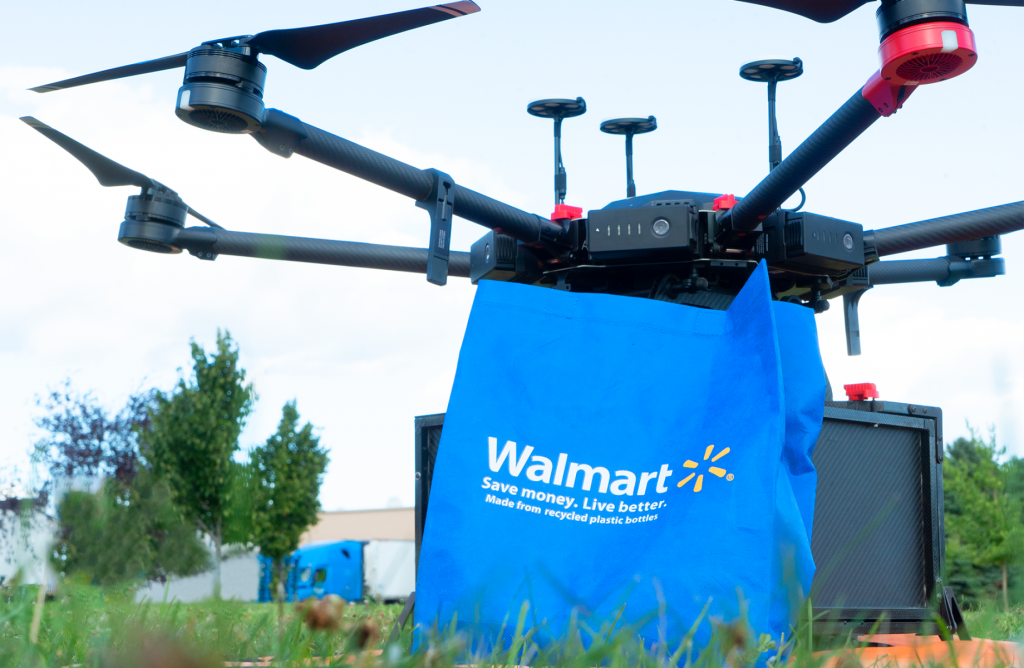
From DSC:
It starts off with an army of drones from Walmart joined by another army of drones from Amazon.
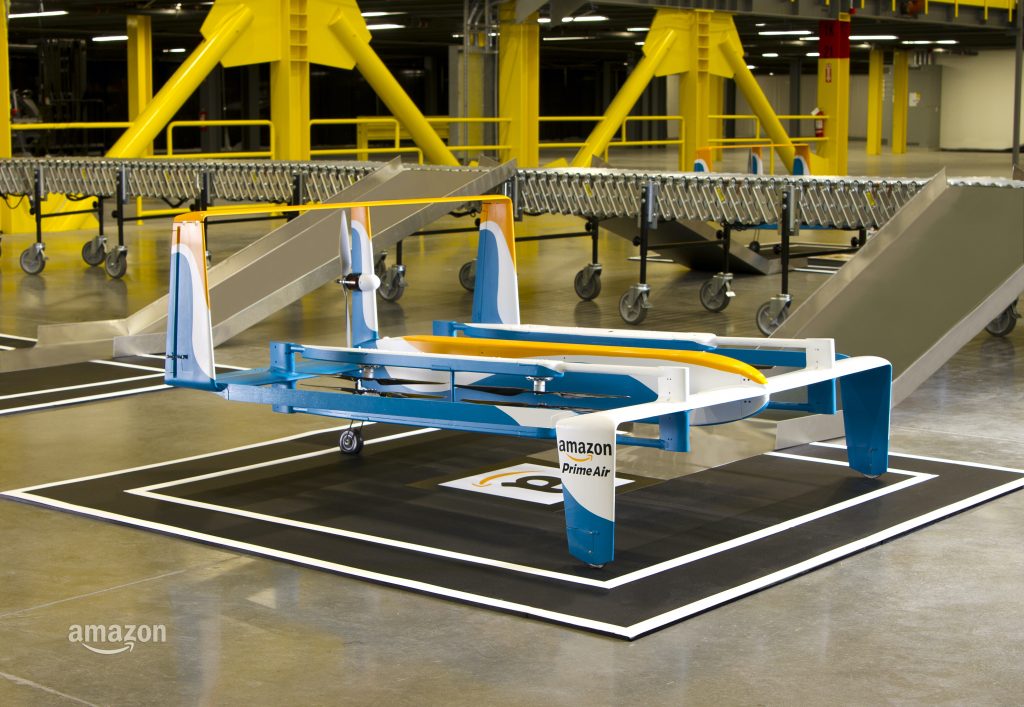
Then company XYZ chimes in. Then company ABC chimes in. And so on, and so on, and so on.
Then the armies of drones change to more powerful, louder, more “capable” delivery vehicles that can handle bigger, heavier deliveries.
And suddenly, the skies are full of noise-making, sun-blocking pieces of human-made machinery that, for the most part, are convenient but not necessary.
We need to think — and act — very carefully these days.
- What kind of future do we want to hand down to our children and to our grandchildren?
- What will the skies look and sound like in 2030 if such armies of drones and other types of airborne delivery vehicles are released?
- Are we willing to say that our kids won’t mind paying the price?
Is this the future we want to create? Not me. I, for one, appreciate a quiet walk. I appreciate being able to look up at the skies, especially when they are clear.

To the relevant engineers and C-Suites out there:
- Just because we can, doesn’t mean we should.
- Please take more responsibility for what’s being developed/brought to market.
Let’s shut this down — now — before the momentum gets started. Let’s follow Portland’s example by shutting down facial recognition/AI:
- Portland adopts landmark facial recognition ordinances — from thehill.com by Chris Mills Rodrigo
Excerpt:
“What makes Portland’s legislation stand out from other cities is that we’re prohibiting facial recognition technology use by private entities in public accommodations,” Mayor Ted Wheeler (D) said during Wednesday’s deliberations. “This is the first of its kind of legislation in the nation,” he added.
- Why Amazon tried to thwart Portland’s historic facial recognition ban — from salon.com by Matt Rozsa
Amazon reportedly lobbied in secret to weaken Portland’s ban on private use of facial recognition technology









